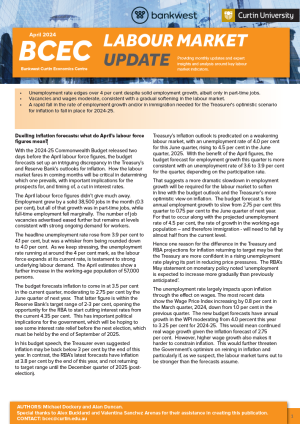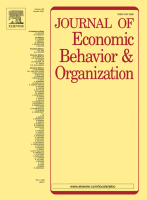Gender health gaps: The role of risky addictive behaviors
Despite significant improvements in health and longevity, the gender gap in health persists.
Using longitudinal data from 15 waves of the HILDA survey for the period from 2005 to 2019, this paper examines the impacts of risky addictive behaviors given by smoking, drinking and gambling on health outcomes and the gender gap in general and mental health in Australia.
To identify the causal effects of cigarette and alcohol consumption, we utilize exogeneous policy changes in the Australian Wine Equalization Tax (WET) and cigarette excise taxes to instrument alcohol and cigarette consumption, respectively.
For gambling, we utilize state-level number of gambling machines to instrument the problem gambling severity index.
We find that Australian females tend to have better general health but worse mental health outcomes than their male counterparts.
More importantly, our instrumental variable estimates reveal the role of risky addictive behaviors in influencing the gender gap in health. Specifically, smoking and gambling widen the gender gap in general health, whereas alcohol consumption plays no role in affecting the gender gap in general health.
For mental health, our results show that smoking and gambling reduce the gender gap in mental health, whereas alcohol consumption tends to increase the gender gap in mental health.
We find that social support, neighborhood trust, dietary choice and life satisfaction are important channels through which risky addictive behaviors influence general and mental health outcomes. Our results have important policy implications as health quality in general, and gender health equality in particular, are important determinants of standards of living, productivity, and economic development.




